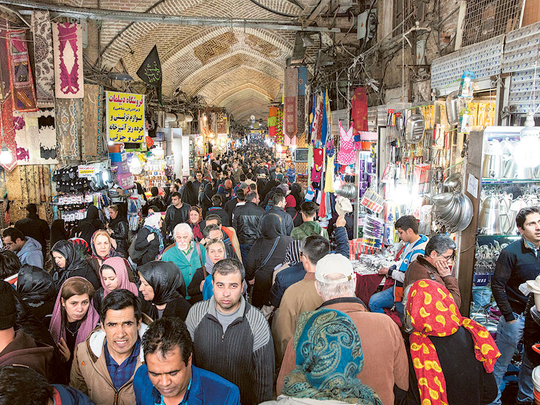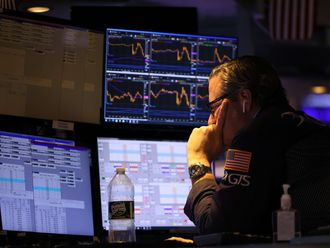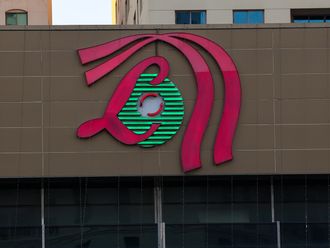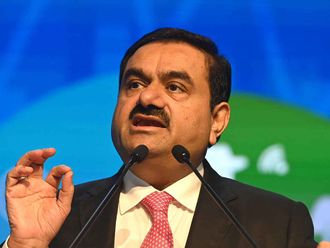
President Donald Trump’s decision to cancel the nuclear agreement with Iran was not really surprising. Trump, unlike his predecessors, has kept to his electoral promises, no matter how difficult they were or who did not agree with them. This is itself an emerging US electoral phenomenon.
Soon after the nuclear agreement was concluded in 2015, we had expected Iran will become more aggressive and not comprehend the main objective of the deal or the balance of power sought by the signatory parties.
This led all stakeholders to temporarily turn a blind eye to Iran’s clandestine nuclear programme and the development of ballistic missiles as well as its increased intervention in others’ internal affairs and the instigation of turmoil through its militias in Arab countries. Following the agreement, the Obama administration released $150 billion (Dh550.5 billion) of Iranian funds, which facilitated and advanced Iran’s tasks, especially as a large part of this was sent to Tehran by private aircraft.
It means that the Iranian people have not benefited from the released funds that was divided between external funding requirements and internal corruptive acquisitions by some senior officials.
The annulment of the agreement will have devastating repercussions on Iran’s already faltering economy, which explains its humiliating reaction to the decision. Even prior to the abolition, Tehran used to threaten the US with consequences, but after the agreement was cancelled, it reaffirmed its adherence to it with other parties.
Obviously, Washington’s exit from the agreement would lead to re-instating all economic and financial sanctions, and they could even be tightened as Trump said.
Accordingly, Iran’s oil and gas exports are expected to decline by 40 per cent in the coming period, which will deprive Tehran of the most important sources of foreign currency. This will thereby lead to a freezing of new oil and gas projects signed with foreign companies after the 2015 deal, especially with French, German and Italian entities.
Balance of trade
Iran’s financial sector will deteriorate again and Tehran will have its work cut out to complete all agreed transactions, even at a higher cost. This is evidenced by the collapse of its national currency (Toman) after Trump’s decision.
The transportation sector will also suffer setbacks. Iran’s orders for new aircraft, including 118 Airbus planes worth $25 billion and 100 Boeing worth $17 billion, will be cancelled while its companies and national banks are under sanctions. This would negatively affect Iran’s balance of trade and a further deterioration in its export volumes. All of which will lead to a significant decline in inward foreign investments.
Tehran then will go back to the costly barter trades for oil and gas exports. It will meet its needs and get some goods and services in lieu of its oil and gas shipments and receive sales proceeds in other currencies such as the Indian rupee and the Chinese yuan. It will not be able to meet its import obligations and finance costly combat operations abroad. This will affect the amount of funding it provides to militias in Lebanon, Syria, Yemen and elsewhere.
As in the past, Iran will try to circumvent this boycott and find alternatives. But past sanctions had left a deep impact and reaffirms the failure of Iran’s attempts to circumvent.
Global transactions
The Europeans now say that their companies will continue to work with Iran, but they will eventually subject themselves to the sanctions as their interests with the US are much greater than those with Iran. It attests to the fact that the US dominates the financial market, meaning no major global transactions can be done bypassing it thanks to the dollar’s position as the dominant and reliable international currency.
This means that Iran will face difficult times that will increase its suffering and its people’s misery and may eventually lead to the collapse of the regime of the Wilayat Al Faqih.
Dr Mohammad Al Asoomi is a UAE economic expert and specialist in economic and social development in the UAE and the GCC countries.












